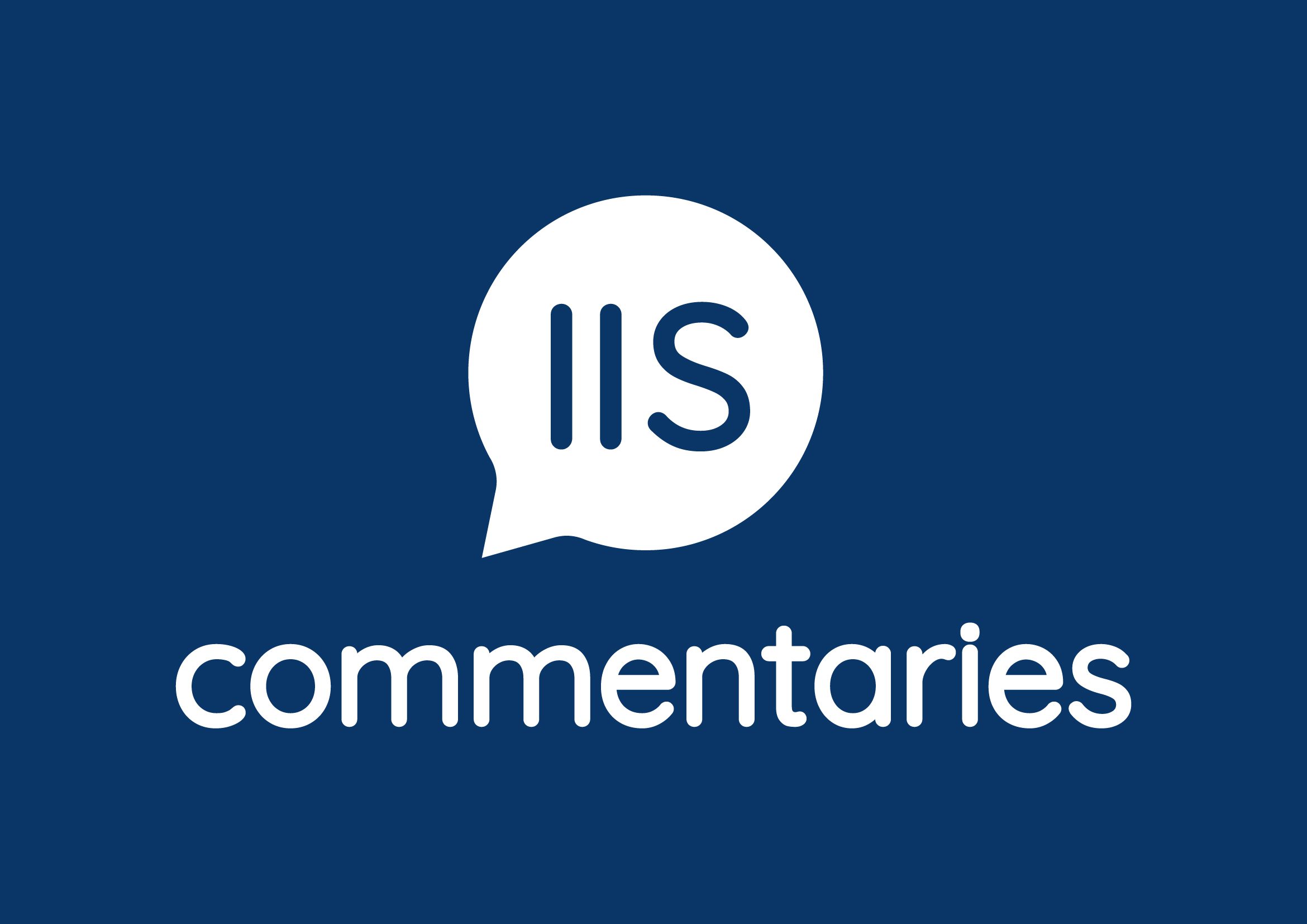Worldwide educational systems have been affected by the coronavirus through the comprehensive closures of schools and universities. Goverments in about 73 countries implement it as of 56 states closed schools nationwide and 17 others did localized school closures.
South Korea perhaps has the most high-pressure and competitive education system in the world. The first corona virus case in South Korea was detected in January, 2020. South Korean universities have postponed the beginning of spring semester under the recommendation of Ministry of Education. Yonsei University has offered recorded video lectures, real-time telelectures and other learning materials will be provided instead of face-to-face classes until March 28. Ewha Womans University has conducted all classes via remote learning for the first two weeks of the semester. Kookmin University has created online classes for four weeks until April 11, so as Seoul National University and several other institutions. The background is they effort non-pharmaceutical interventions and preventive measures such as social-distancing or self-isolation. It prompted the widespread closure of primary and secondary schools as well as post-secondary schools including colleges and universities. Although the most confirmed patients of COVID-19 are adults, children still able to become the carrier of the virus.
Simultaneously, there are teachers who survive to deal with the shift of teaching in the classroom to online lessons. According to the experiences of Jennifer Gray and Sam Gray, teachers for elementary school grade in an international school in South Korea, they discover about Korean’s attitude in terms of tackling the situation as follows:
- School regulates four consecutive weeks of distance learning in total. However, teachers and students have commanded one week of in-person class before the stint. This adjustment should be recognized as participation of students, parents/caregivers, teachers, administration, and other faculty under nowadays circumstances. They are engaged to struggle their multiple roles. People who take part believe that they need a community to raise and educate children.
- Video-conference platforms help teachers to be able to meet students “face-to-face” several times a day including ‘Morning Meetings’ and ‘Closing Cirlce’ besides remote feedbacks on projects and works, live lessons, and small group conferences.
- Developing skills in technology become an obligation when students have their personal iPads and the state provides best internet connectivity around the globe. Students likewise encourage themselves to grow their independence, problem-solving, resiliency, and ability to follow multi-step directions.
In accordance to 10 things to do list during pandemic situation on the UNESCO recommendation, Korean’s attitude as mentioned above are relevant with those points had created. The advices are:
- Examine the readiness and choose the most relevant tools;
- Ensure inclusion of the distance learning programmes;
- Protect data privacy and data security;
- Prioritize solutions to address psychosocial challenges before teaching;
- Plan the study schedule of the distance learning programmes;
- Provide support to teachers and parents on the use of digital tools;
- Blend appropriate approaches and limit the number of applications and platforms;
- Develop distance learning rules and monitor student’s learning process;
- Define the duration of distance learning units based on student’s self-regulation skills;
- Create communities and enhance connection.
Meanwhile, point (3) shows that there is an urgency of protection regarding to data security when uploading data or educational resources to web spaces, as well as when sharing them with other organizations or individuals. This matter should be initially considered by communities or societies which desire to implement an effective way of learning during this period.
South Korea correspondingly has the ‘hakwon’ or after-school activites. This place has doubled or even tripled student’s homework to make up for the class cancellations as reported in Washington Post although it had not happened in all hakwon. Parents started to worry about education gap that has caused by the coronavirus. Particularly in Mok-dong, an affluent Seoul neighborhood known as a “special education district”. Its abundance of hakwon and good public schools cause parents spend an average of $1,000 a month on after-school classes for their children. People begin to discuss how to make up for cancelled hakwon classes and looking for private home tutors. Despite the government’s advice to close down the hakwon, two-thirds of the 25,000 hakwon in the capital city of South Korea have stayed open until February, 28.
In conclusion, school closures carriers high social and economic costs even though it is temporary. Though disruptions affect people across communities, South Korean’s collective responsibility is ingrained into the cultural psyche. Working parents in other country likely to miss their work when schools are closed in order to take care of their children. Therefore, most Korean putting their wants aside for the good and health of the community has become behavioural nature within society. However, school closures still needs to be reconsidered since how it will be runs among the low-income families who disproportionately lack access to technology, internet, data privacy and data security protection, childcare services, as well as students with disabilities.
References:
- Gray, S. (2020, March 18). Live in a Coronavirus Hotzone. The Marysville Advocate. https://www.
marysvilleonline.net/health/life-in-a-coronavirus-hot zone/article_1c5287c2-6947-11ea8c6b-4347bf87f75d.html - Universities in Seoul shift to online classes amidst virus fears. Yonhap News Agency. https://en.yna.co.kr/
view/AEN20200228008800315 - Kim, M.J. & Denver, S. (2020, Feb 28). In South Korea, coronavirus gives kids a break from school
pressure , but also traps them. The Washington Post. https://www.washingtonpost.com/
world/asia_pacific/in-south-korea-coronavirus-gives-kids-a-break-from-school-pressuresbut-also-traps-them/2020/02/27/713424f6-5896-11ea-8efd-0f904bdd8057_story.html
Writer : Nindita Nilasari
Editor : Angganararas Indriyosanti


